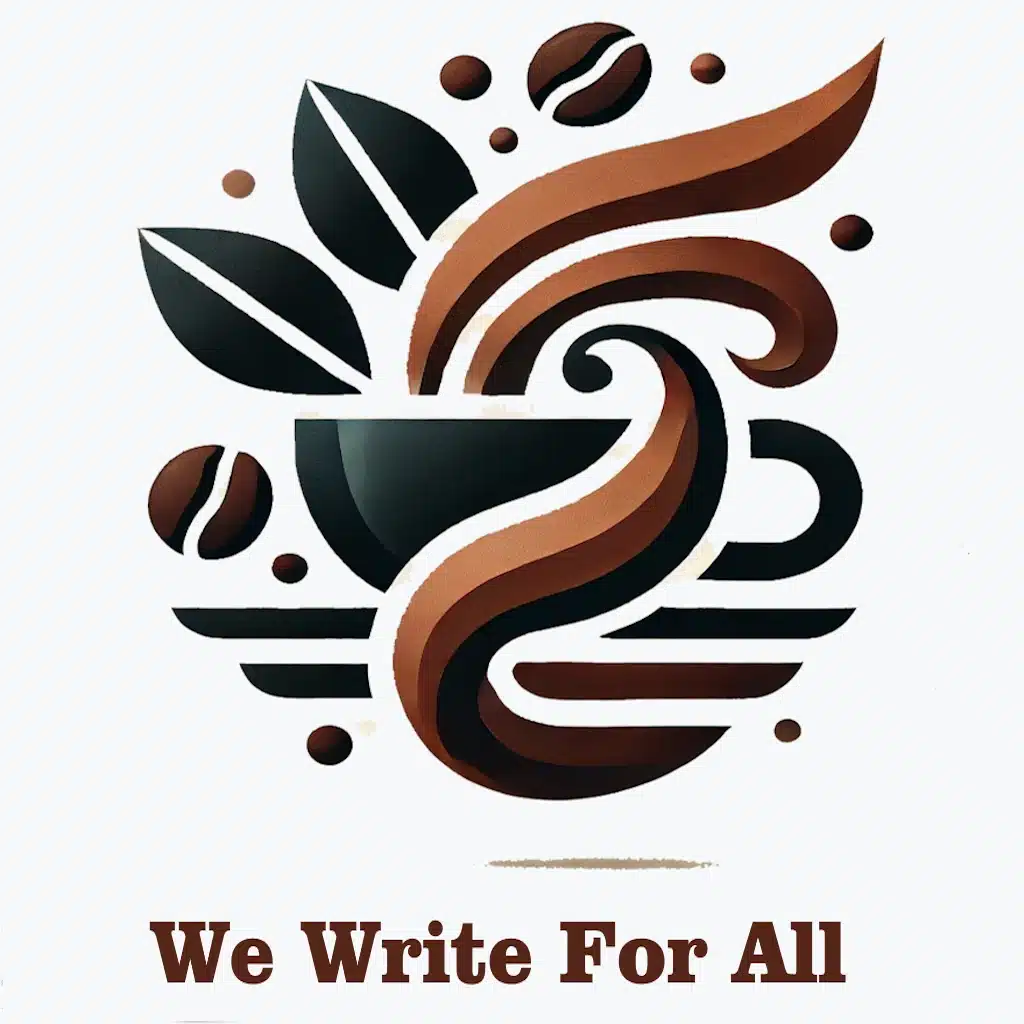Vietnamese coffee is famous for its bold flavors, creative recipes, and strong cultural identity. Among its most iconic creations is egg coffee, a rich and creamy drink that surprises and delights coffee lovers around the world. Invented in Hanoi during a time of scarcity, egg coffee has become a symbol of Vietnamese resilience, hospitality, and culinary innovation.
In this article, we explore the origins, preparation, and cultural importance of egg coffee — along with what makes Vietnamese coffee so distinctive overall.
1. A Nation Fueled by Coffee
Vietnam is the second-largest coffee producer in the world, after Brazil. While most of its production is Robusta, Vietnam has built a vibrant and unique coffee culture that sets it apart.
- Coffee is part of daily life, enjoyed in cafés, street corners, and at home
- Vietnamese coffee culture emphasizes slow enjoyment, often with ice, condensed milk, or unique toppings
- The brewing method typically involves a phin filter — a small metal drip device
The result is a concentrated, bold, and aromatic brew perfect for custom creations.
2. The Origins of Egg Coffee
Egg coffee (cà phê trứng) was created in Hanoi in the 1940s by Nguyễn Văn Giảng, a bartender at the Sofitel Legend Metropole Hotel.
- During a milk shortage, Giảng used egg yolks whisked with sugar and condensed milk to create a frothy substitute
- He poured this creamy foam over strong Robusta coffee
- The drink was an instant hit and became a local treasure
His family later opened Café Giảng, still one of the most famous egg coffee spots in Vietnam today.
3. What Is Egg Coffee?
Egg coffee is a layered drink consisting of:
- A base of dark, strong Vietnamese coffee, often brewed with a phin filter
- A topping made by whipping egg yolk, condensed milk, sugar, and sometimes cheese
- The mixture is poured gently over the coffee, forming a thick, custard-like foam
The result is sweet, velvety, and rich, often compared to tiramisu or crème brûlée.
4. How It’s Served
Traditionally, egg coffee is served:
- In a small cup placed inside a bowl of warm water, to maintain temperature
- With a spoon, allowing you to savor the foam before sipping the coffee
- Often in cozy cafés with an atmosphere that encourages conversation and relaxation
The drink’s presentation reflects its carefully crafted nature and cultural importance.
5. Is It Sweet or Savory?
Egg coffee is generally sweet, thanks to condensed milk and sugar, but not overly so.
- The egg gives it a creamy, almost dessert-like texture
- The bitterness of Robusta coffee balances the sweetness
- Some variations include cocoa powder, cinnamon, or even rum
The flavor is complex yet comforting — rich, bold, and indulgent.
6. More Than Just Eggs: Vietnamese Coffee Styles
Vietnamese coffee goes far beyond egg coffee. Other popular styles include:
- Cà phê sữa đá: Iced coffee with sweetened condensed milk
- Cà phê đen đá: Strong black iced coffee
- Coconut coffee: A modern favorite made with coconut milk and ice
- Yogurt coffee: Creamy and tangy, often blended with fruit
Each drink reflects Vietnam’s inventive approach to brewing and serving coffee.
7. Robusta: The Backbone of Vietnamese Coffee
Vietnam’s climate is ideal for growing Robusta, a variety often overlooked in the specialty world.
- Robusta is bolder, more bitter, and contains twice the caffeine of Arabica
- It gives Vietnamese coffee its signature intensity and depth
- Recent years have seen a renewed interest in high-quality Robusta, especially from Vietnam
When prepared well, Robusta can be surprisingly complex and satisfying.
8. The Culture of Hanoi Cafés
In Hanoi, cafés are not just places to drink coffee — they are spaces of culture and memory.
- Many are located in narrow alleys or historic homes, offering a sense of discovery
- Décor is often vintage, with warm lighting and wooden furniture
- Patrons stay for hours, enjoying the atmosphere as much as the coffee
Egg coffee is deeply tied to this café culture, which blends history and modernity.
9. A Symbol of Creativity and Resilience
Egg coffee is more than a quirky recipe — it’s a symbol of Vietnamese adaptability. Born out of necessity during wartime, it reflects the country’s ability to create beauty from limitation.
- It showcases Vietnam’s culinary inventiveness
- It honors tradition while remaining open to reinvention
- It invites visitors to experience Vietnamese coffee as a story, not just a drink
This legacy makes it beloved by locals and tourists alike.
10. Where to Try It Today
You can enjoy egg coffee in many cafés across Vietnam, especially in:
- Hanoi: Try Café Giảng, Café Dinh, or Loading T Café
- Ho Chi Minh City: Look for modern takes in rooftop or hidden cafés
- Internationally: Some specialty cafés now serve egg coffee in New York, Berlin, and Tokyo
Or you can make it at home — just remember: strong coffee, fresh egg yolk, and a little finesse.
Final Thoughts: A Creamy Icon
Vietnamese egg coffee is a perfect fusion of culture, history, and taste. Its unique combination of strong coffee and velvety foam tells a story of ingenuity and warmth. Whether you sip it in a Hanoi café or recreate it at home, egg coffee invites you to slow down and savor the unexpected.







